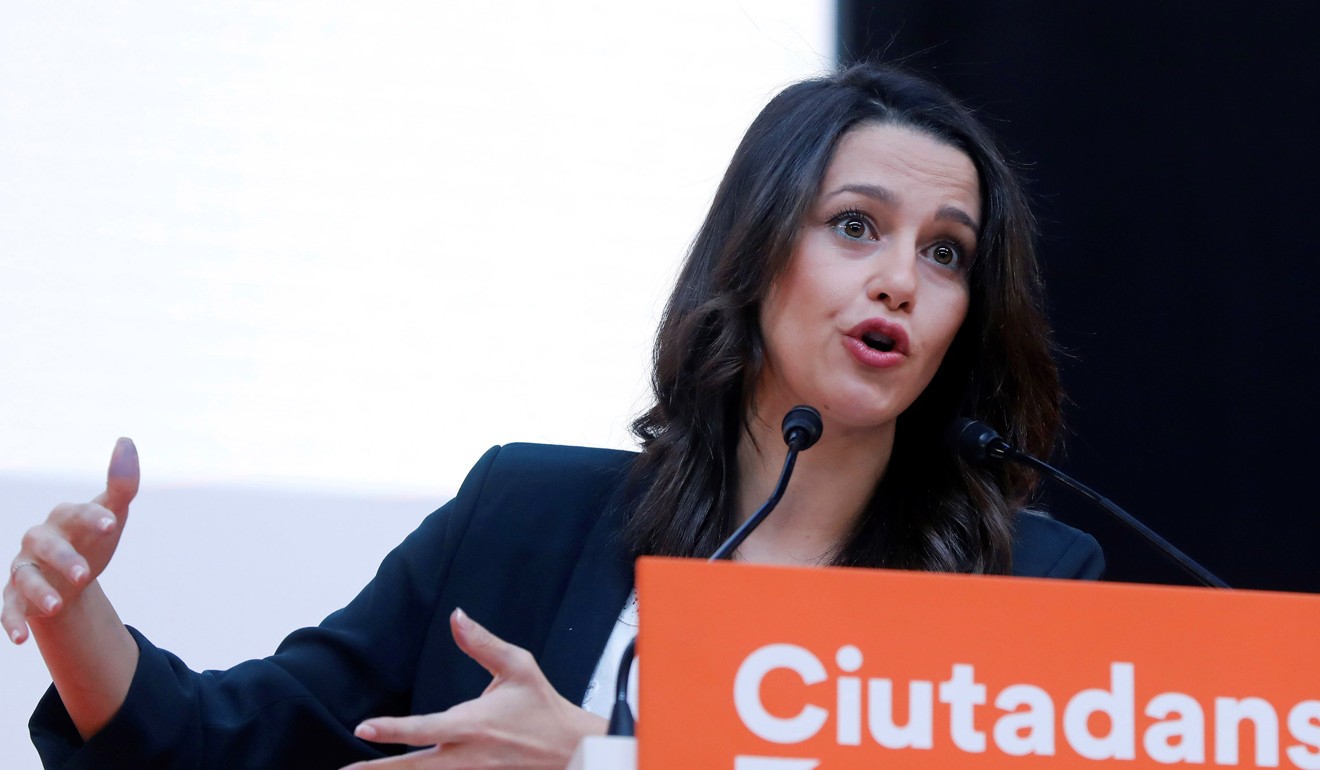
Catalan separatists divided on how to advance independence movement
The Catalan independence movement is divided over how to move forward as opinion polls suggest the December regional election is too close to call.
While ousted President Carles Puigdemont doubled down this weekend on his pledge to make the wealthy region an independent state, his former ally Esquerra Republicana suggested the party should focus on policy instead. The clash comes after Puigdemont’s own party coordinator suggested abandoning a unilateral claim for independence in favour of talks with Madrid officials.
After the ill-fated declaration of independence in October prompted many companies to register outside Catalonia and ultimately led the government of Mariano Rajoy to seize control of the rebel region, polls show the independence movement risks losing control of the Catalan assembly.
“Puigdemont is pursuing his personal agenda and his party needs independence to stay competitive in the election,” said Ignacio Molina, senior analyst at the Madrid-based think tank Elcano. “It’s become clear that the unilateral stance has its limits and the state has the tools to stop it, so the only way forward is to moderate the language after the campaign.”
Recent polls show pro-Spain parties have as much support as pro-independence forces ahead of the December 21 ballot. While Esquerra is seen winning the most votes, Ciutadans and the Catalan Socialists, both opposed to independence, are projected to add seats.
Overall, the separatist bloc may fall one seat short of retaining its absolute majority, according to an opinion poll published by Madrid-based El Pais newspaper on Saturday.
El Pais published more polling data on Monday showing only 24 per cent of Catalans want the independence process to continue on current terms while 71 per cent said they would opt for a government accord to establish Catalonia’s status within Spain.
If the separatists fall short of a majority, the next Catalan parliament could see a governing coalition that is not defined solely by its stance on independence, giving the region, and the country, a chance to move on.
Speaking on Saturday, Economy Minister Luis de Guindos said markets would interpret a decline in support for pro-independence parties as a defeat for the movement that could serve as a catalyst for Spanish equities and risk premiums.
On Saturday, Puigdemont pitched his candidacy to lead a new independence platform known as Together for Catalonia after failing to establish a cross-party coalition.
The ousted Catalan leader remains in Belgium – where he fled after declaring independence last month – pending a court decision on a request from Spain for his arrest on charges of rebellion against the state, sedition and misuse of public funds.

Puigdemont said a victory at the polls would cement his mandate for independence as he accused the Rajoy government of limiting his chances of campaigning normally and called on the European Union to accept the result of the ballot. European authorities have repeatedly sided with the Madrid government in defence of the constitutional order.
In an interview on Israeli television, Puigdemont described the EU as a “decadent club” closely linked to economic powers and insensitive to democratic rights. He suggested Catalans should vote on whether they want to stay in the EU, contradicting his party’s pro-EU stance, according to La Vanguardia newspaper, which obtained an excerpt of it.
On Monday, Puigdemont softened his criticism in a series of tweets arguing the Catalan independence movement remains profoundly pro-European. He said the Catalan issue could serve to hand citizens more powers in decision-making instead of member states.
His tough stance compares with a more nuanced approach by its former ally Esquerra, which is on the verge of replacing Puigdemont’s party as the leading separatist force. Without giving up on independence, its secretary general, Marta Rovira, said in an interview her party would focus on specific policy items such as helping families facing fuel poverty and entrepreneurs.
Earlier this week, Puigdemont’s party coordinator, Marta Pascal, confirmed both groups would consider dropping references to unilateral independence from their manifestos in favour of bilateral talks with the government in Madrid as long as they could negotiate as equals.
While Puigdemont campaigns from self-imposed exile, his deputy Oriol Junqueras and half of the ousted Catalan cabinet remain in prison in Madrid facing the same charges. Without a firm conviction, they could still campaign ahead of the ballot if the Supreme Court judge handling the cases sees enough grounds to set them free pending a possible trial.

